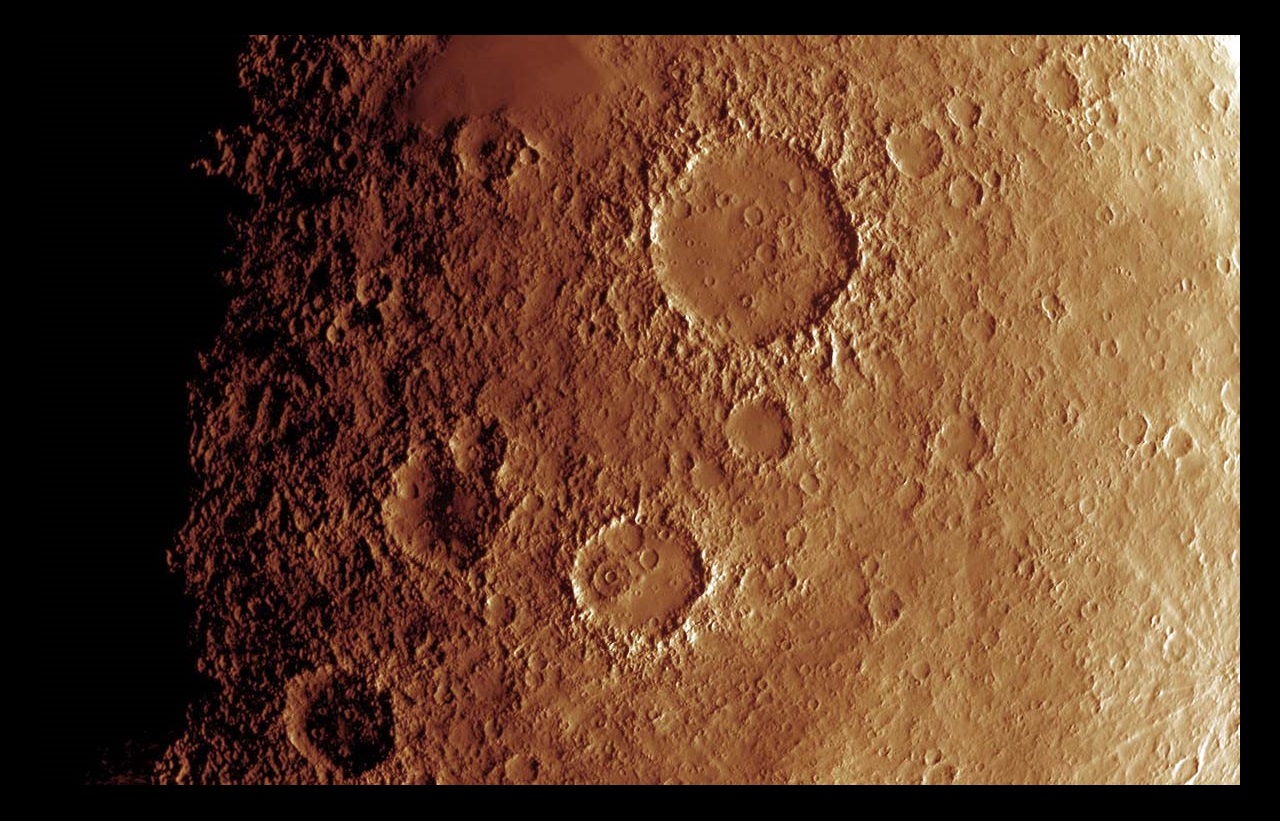
FRED WHIPPLE AWARD COMMITTEE
Committee Members
|
Name |
Institution |
Committee Role |
| F Michael Flasar | NASA Goddard Space Flight Center |
Committee Chair |
|
Wendy Calvin |
University of Nevada Reno |
Member |
|
Julie Castillo |
NASA Jet Propulsion Laboratory |
Member |
| Georgiana Kramer | Planetary Science Institute |
Member |
| Nicolle Zellner | Albion College | Member |
|
Rosa Maymi |
AGU |
Staff Partner; Director, Engagement, and Membership |
| Brendon Kim |
AGU |
Staff Partner; Program Coordinator, Section Awards and Lectures |
Committee Charge
The committee is charged with selecting the recipients of the Fred Whipple Award and Lecture. Committee members will abide by AGU’s Honors Conflict of Interest Policy, program policies, procedures and guidelines set by AGU. In partnership with the Honors and Recognition Committee and staff, the committee works to ensure that the program is superior in all respects, recognizes all constituents, and fosters a global network of individuals in the Earth and space sciences who epitomize excellence and cooperation in research, education, and outreach. The members of the Fred Whipple Award Committee will promote excellence and transparency, allowing broad input and recognition beyond disciplinary awards, promoting diversity and equity so that the award is sufficiently representative of underrepresented groups.

Key Duties
-
1Review data from award selection processes for the past years to determine if the program is achieving AGU’s relevant goals
-
2Examine and report on program data to determine whether the number and quality of lecture nominations is competitive
-
3Select the Fred Whipple Award and Lecture recipients
-
4Recommend, implement, and evaluate strategies used to increase diversity of nominations
-
5Participate in training, orientations, and workshops on associated Honors and Recognition policies and processes
-
6Understand and commit to AGU’s Conflict of Interest policy and process
-
7Provide input and recommendations to the Honors and Recognition Committee on program improvements
-
8Partner with AGU leaders and staff, as well as other societies, to resolve common issues among scientific communities’ recognition programs

